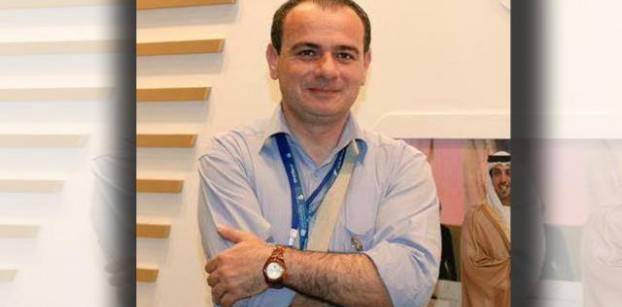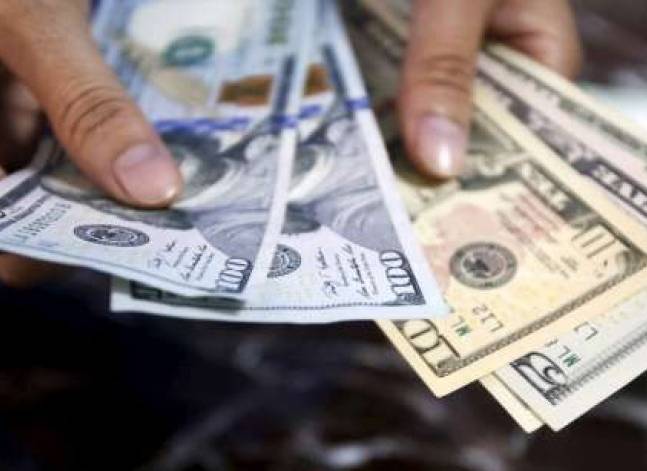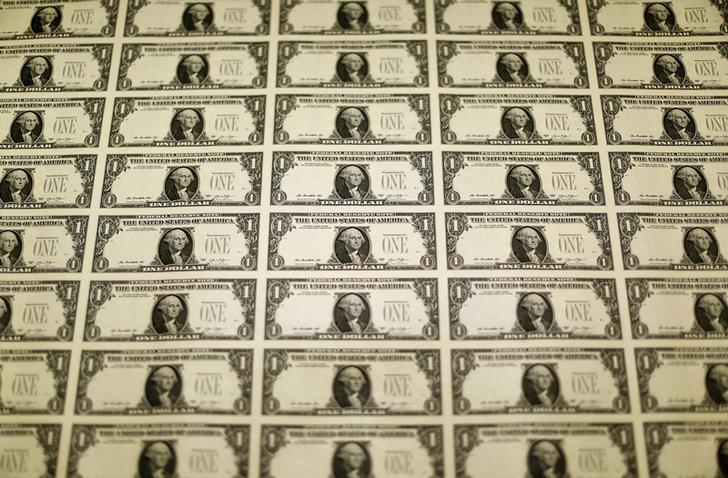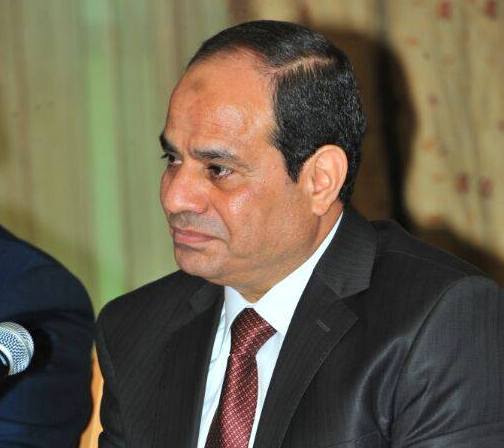Latest NEWS
- Aswat Masriya, the last word
- Roundup of Egypt's press headlines on March 15, 2017
- Roundup of Egypt's press headlines on March 14, 2017
- Former Egyptian President Hosni Mubarak to be released: lawyer
- Roundup of Egypt's press headlines on March 13, 2017
- Egypt's capital set to grow by half a million in 2017
- Egypt's wheat reserves to double with start of harvest -supply min
- Roundup of Egypt's press headlines on March 12, 2017
Human Rights Watch urges UAE to release 2 critics of Egypt
CAIRO, May 15 (Aswat Masriya) – The U.S.-based watchdog Human Rights Watch (HRW) urged the UAE on Sunday to release an Emirati academic and a Jordanian journalist jailed for criticizing Egyptian authorities.
The 47-year-old Emirati academic, Nasser bin Ghaith, has been detained in an unknown place since 2014 on charges of “engaging in hostility against Egypt by posting six tweets and images ridiculing the Egyptian president and government,” according to the UAE-based newspaper the National, which was cited by HRW.
The UAE-based Jordanian journalist, Tayseer al-Najjar, has been detained since 2015 for “his online criticism of Israeli military actions in Gaza and the Egyptian security forces’ destruction of tunnels between Gaza and the Sinai region of Egypt,” HRW said in its statement, which it issued in Arabic on Sunday.
An English version of the statement was released on Friday.
HRW urged Emirati authorities to drop all charges against the two persons, whom it described as “peaceful critics”.
“UAE authorities seem to believe they have the right to detain anyone who ever expressed any views, anywhere, that they disagree with,” the rights watchdog quoted its deputy Middle East director, Joe Stork, as saying.
“There is no justification for throwing a journalist, or anyone else, into prison for expressing a peaceful opinion,” he added.
The Abu Dhabi state security facility where the two persons are likely to have spent some time, according to a source cited by HRW, “has been the subject of numerous credible allegations of torture.”
Both spent time in incommunicado detention after their arrests, HRW said.
Najjar’s wife told HRW that her husband was transferred to al-Wathba prison in March and that he told her on the phone that he has not been formally charged.
“She said he had posted the social media comments that UAE authorities had questioned him about in July 2014, nearly a year before he moved to the UAE to take up employment there,” HRW said in its statement.
The whereabouts of Bin Ghaith, who is a former lecturer of economics at Abu Dhabi’s branch of Sorbonne University, remain unknown but he has appeared before Abu Dhabi’s Federal Supreme Court on May 2, charged with insulting Egypt and damaging the UAE reputation by claiming that he was tortured in a previous trial, the National reported.
He is also accused of “working with the Ummah political party, which is banned by the UAE as a terrorist organisation,” and inciting hatred in the UAE by criticizing the government for allocating land for building a Hindu temple, the newspaper added.
The UAE, along with Gulf neighbours Saudi Arabia and Kuwait, have supported Egypt, including through generous financial aid and investments, since the 2013 military ouster of then-President Mohamed Mursi of the Muslim Brotherhood, which followed mass protests in Egypt against Mursi’s one-year rule.
In December 2015, the Egyptian government announced that the year 2014 saw the UAE provide Egypt with $3.21 billion in aid, which constituted 52 per cent of all UAE foreign aid during that year.















